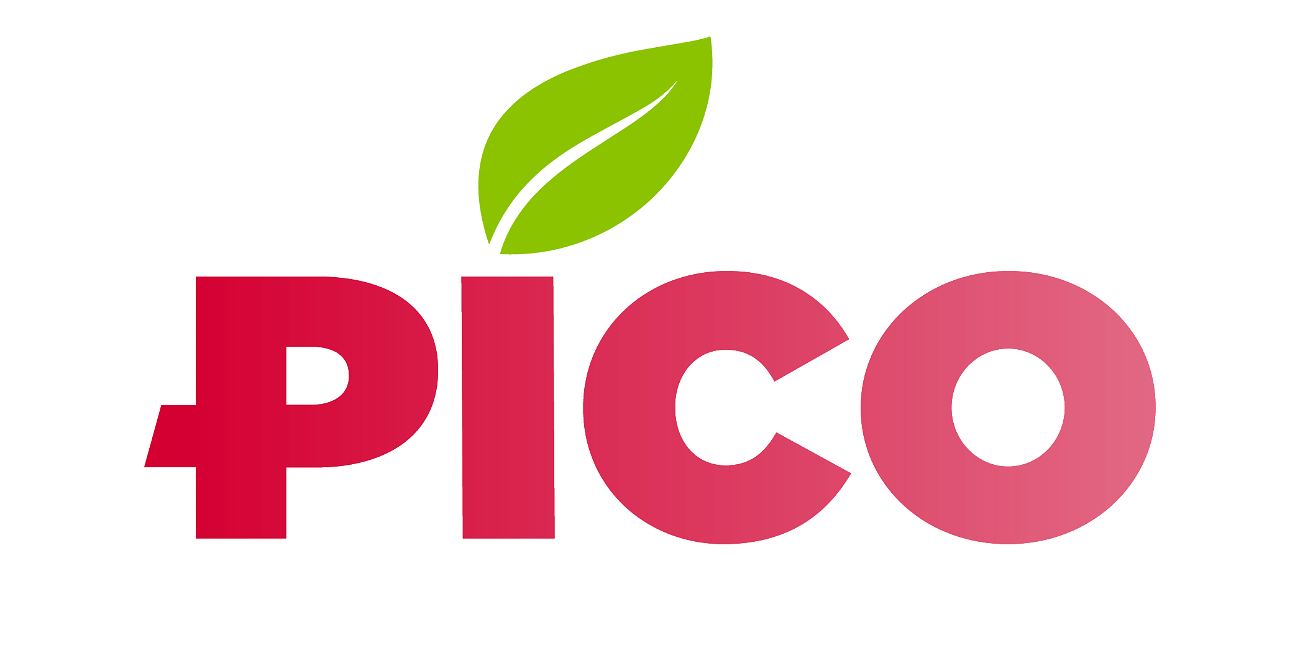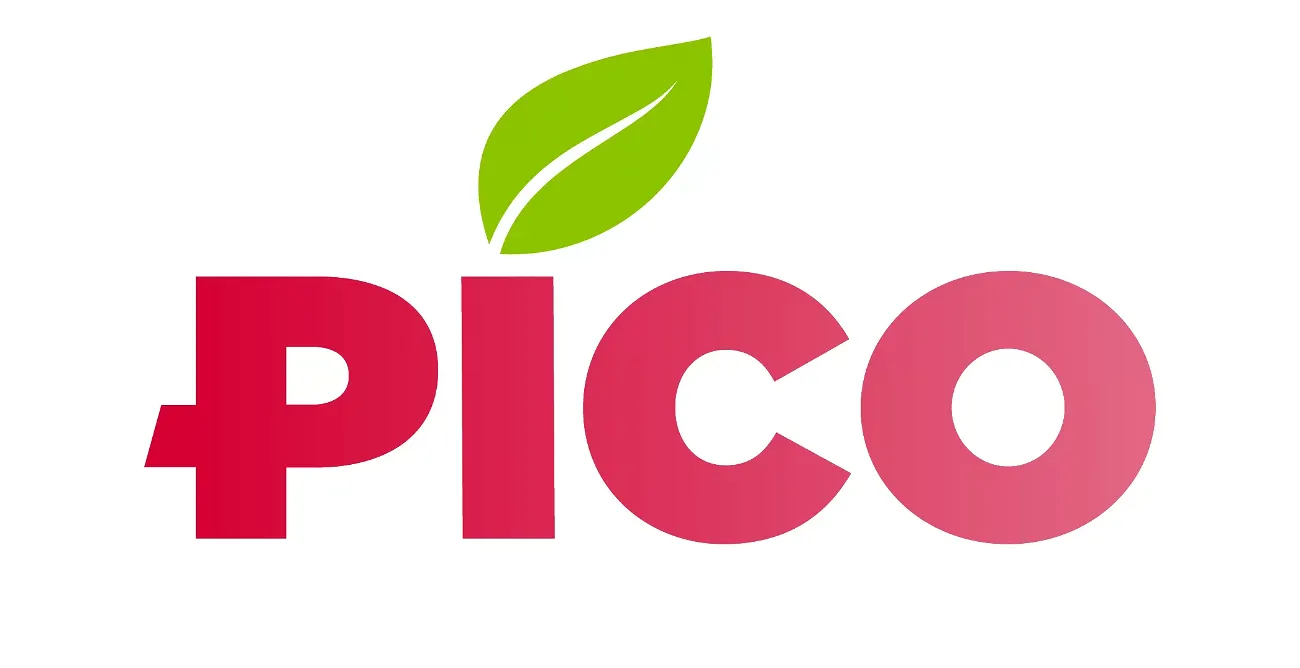Healthy diet, healthy heart!

Avocados
Avocados are nutrient-dense fruits that contain dietary fiber, minerals, and healthy fats previously shown to improve cardiovascular risk factors like high cholesterol.
Eating avocados twice a week may help improve your overall heart health may boost your heart health and lower your risk of cardiovascular disease.
Blueberries
Berries are good for your heart and the rest of your body.
Blueberries are packed with nutrients that are part of a healthy diet.
They are great as a healthy snack by themselves, on top of your cereal or pancakes, blended into a smoothie, or as a topping to your yogurt.
Carrots
Carrots are probably best known as a great source of carotenes.
They have lots of the well-known nutrients and are also a good source of both alpha and gamma carotenes (carotenoids). Studies have associated higher levels of beta carotene with a lower risk of heart disease and stroke. Baby carrots make a great snack. Chopped up they add crunch to salads, and you can even sneak shredded carrots into many recipes including tomato sauce, muffins, and pasta.
Spinach
Spinach packs a heart-healthy punch with beta-carotene, vitamins C and E, potassium, folate, calcium, and fiber. Spinach makes a great base for salads and can be used on sandwiches instead of lettuce. You can also addsome into a healthy smoothie, to your pizza, or mix into an egg white omelet.
Broccoli
Broccoli is a powerhouse vegetable with beta-carotene, vitamins C and E, potassium, folate, calcium, and fiber. It tastes great when added to soups, mixed in with veggie dips, or even added to salads. Adding more broccoli to your diet is a great way to improve the health of your heart.
Red Bell Peppers
Red bell peppers are tangy, crunchy, and full of heart-healthy nutrients like beta-carotene and lutein (carotenoids), B-complex vitamins, folate, potassium, and fiber. They are delicious in salads and wraps, or cut into slices to snack on fresh. Grill or roast them for a hearty side dish, or add to sauces or main dishes for extra flavor. When it comes to heart-protective nutrients in bell peppers, color counts. Red peppers have significant stores of beta-carotene, for instance. While still healthy in many other ways, yellow bells have nearly no beta-carotene at all.


 Arabic
Arabic English
English





